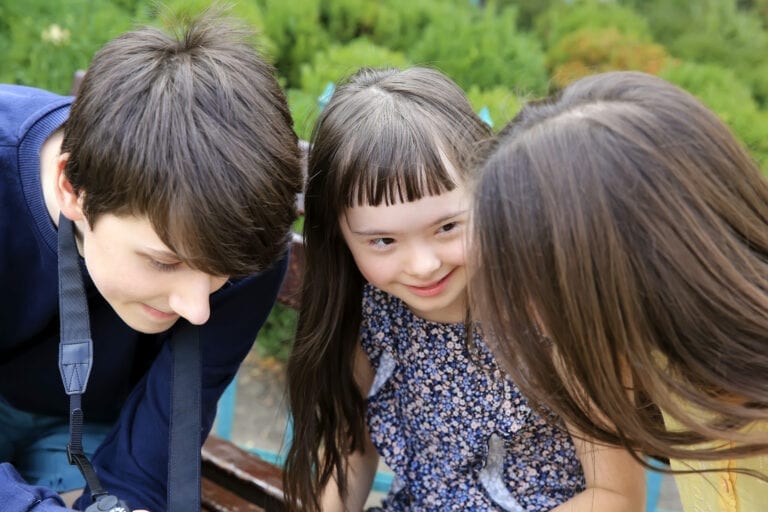Are you a caregiver who spends most of your time looking after others? While caregiving is a rewarding and fulfilling role, it’s essential to remember that taking care of yourself is equally important. Engaging in hobbies can be a fantastic way for caregivers to find joy, relaxation, and a sense of personal fulfillment. In this article, we’ll explore seven exciting hobbies that caregivers can enjoy, allowing them to take a break from their caregiving responsibilities and focus on their own well-being. So, let’s dive in and discover the wonderful world of hobbies for caregivers!
The Importance of Hobbies for Caregivers
As a caregiver, it’s natural to put the needs of others before your own. However, neglecting self-care can lead to burnout and exhaustion. Engaging in hobbies provides an opportunity to recharge, rejuvenate, and regain a sense of identity outside of your caregiving role. Hobbies offer a valuable escape from stress, allowing you to focus on activities that bring you joy and fulfillment. By investing time in yourself and pursuing your interests, you’ll not only enhance your well-being but also become a better caregiver, as self-care ensures you have the energy and mental clarity needed to provide the best care possible.
Gardening – Cultivating Serenity and Connection with Nature
In the hectic world of caregiving, finding solace in nature can work wonders for your well-being. Gardening is a fantastic hobby that allows caregivers to reconnect with the earth, find tranquility, and witness the beauty of growth. Whether you have a small balcony or a spacious backyard, tending to plants and flowers can be a therapeutic experience. Digging your hands into the soil, nurturing plants, and observing them flourish can be immensely gratifying. Gardening also provides an opportunity to create a peaceful sanctuary where you can relax and unwind.
Writing – Unleashing Creativity and Expressing Emotions
Writing is a powerful outlet for caregivers to express their thoughts, emotions, and experiences. Through journaling, creative writing, or blogging, caregivers can explore their feelings, reflect on their journey, and find solace in the written word. Writing offers a safe space to release pent-up emotions, celebrate small victories, or share insights and advice with others in similar situations. Whether you choose to write privately or share your work with the world, this hobby allows you to connect with yourself on a deeper level and potentially inspire and support fellow caregivers.
Cooking – Savoring Moments of Culinary Delight
Cooking can be a delightful hobby for caregivers who appreciate the sensory pleasures of preparing and savoring delicious meals. Exploring new recipes, experimenting with flavors, and creating nourishing dishes can be a form of self-expression and a way to show love and care to yourself and others. Engaging in cooking as a hobby not only allows you to indulge your taste buds but also provides an opportunity to focus on the present moment, embrace mindfulness, and find joy in the culinary arts.
Painting – Unleashing Creativity and Finding Inner Peace
Artistic expression can be a wonderful outlet for caregivers, and painting is a particularly therapeutic hobby. Whether you’re a beginner or an experienced artist, picking up a paintbrush and allowing your creativity to flow can be incredibly rewarding. Painting enables caregivers to unleash their imagination, express emotions visually, and find inner peace through the process of creating art. Whether you prefer watercolors, acrylics, or oils, the act of painting can be a meditative experience that allows you to escape into a world of colors and shapes.
Learn More: 5 Common Challenges of Family Caregiving and How to Overcome Them
Yoga and Meditation – Cultivating Mindfulness and Inner Balance
Yoga and meditation are powerful practices that promote physical and mental well-being for caregivers. Engaging in yoga poses and mindfulness meditation can help reduce stress, improve flexibility, and enhance overall body strength. The combination of gentle movements, focused breathing, and meditation allows caregivers to cultivate mindfulness, bringing their attention to the present moment and fostering a deep sense of inner peace. By incorporating yoga and meditation into their routine, caregivers can find a balance between their caregiving responsibilities and personal well-being.
Photography – Capturing Moments and Finding Beauty in the Everyday
Photography is a creative outlet that encourages caregivers to see the world through a different lens. With the advent of smartphones, capturing beautiful moments has become more accessible than ever before. Engaging in photography as a hobby allows caregivers to appreciate the little details, find beauty in everyday life, and preserve precious memories. Whether you explore nature, capture candid shots of loved ones, or experiment with different angles and compositions, photography lets you freeze moments in time and express your unique perspective.
Reading – Escaping into Worlds of Imagination and Knowledge
For caregivers seeking an escape from the demands of their role, reading offers a passport to different worlds. Engaging in reading as a hobby allows you to immerse yourself in captivating stories, expand your knowledge, and explore new ideas. Whether you prefer fiction, non-fiction, or self-help books, reading provides an opportunity to relax, unwind, and nourish your mind. Set aside dedicated time each day to curl up with a good book and let the words transport you to new realms, offering respite from the challenges of caregiving.
Conclusion:
In the demanding role of a caregiver, it’s crucial to find time for yourself and engage in activities that bring you joy and fulfillment. Hobbies offer a valuable opportunity to recharge, explore new passions, and foster personal well-being. Whether it’s gardening, writing, cooking, painting, practicing yoga, pursuing photography, or escaping into the world of books, there are numerous hobbies that can enrich your life as a caregiver. Remember, taking care of yourself is not selfish—it’s a necessary part of being an effective and compassionate caregiver.







